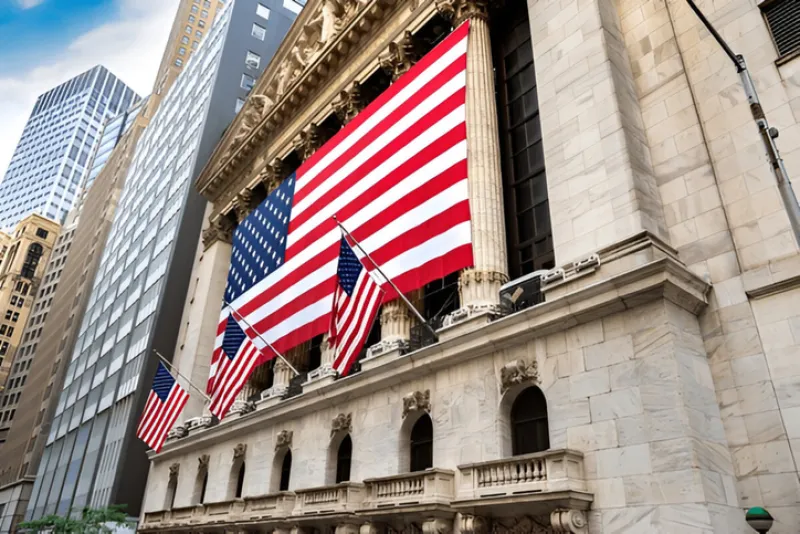Nearly half of the chief executives of European asset managers who attended a recent II event see the U.S. market as the biggest opportunity for institutional and subadvisory asset management growth over the next five years.
Surveyed at the European Institute CEO Roundtable 2025, held in Hampshire, England, the poll showed that 44 percent are optimistic that the capital will continue to come from the market, and that the dominance it has long held will remain, dispelling the idea that exceptionalism is on the way out.
The next most hotly anticipated market was Asia, ex-China, with 31 percent, suggesting that markets like Japan and Korea are going to continue to perform well in the coming years. Only a small percentage expected China to be the biggest opportunity.
Though the event focused on European managers, there was a great deal of focus on the geopolitical and macroeconomic perspectives of the U.S. markets. Topics of discussion included tariff uncertainty, tax reforms, and the impact of Trump’s economic policies on employment. The potential for stagflation and the challenges posed to European managers by the Fed’s interest rate decisions continued to be key concerns.
There was a lack of confidence in Trump’s actions and whether they matched his promises, or threats, with some in attendance suggesting that a recession was unlikely but that it would not be surprising if tariffs were rolled back even further. Attendees were similarly divided about whether there would be further interest rate cuts. It was noted, however, that capital was flowing away from the U.S., largely to the emerging markets.
But despite this uncertainty, the U.S. remains the place the majority are expecting to yield results. This level of uncertainty may explain why the largest number of respondents, around 20 percent, expect private credit and direct lending to be their investment product priorities for the next 12-18 months. Hedge funds and liquid alts were the next priorities, with a very small number selecting distressed debt or straight private equity.
In terms of asset gathering, the survey found that almost half of the CEOs at the conference consider high net-worth to be the greatest opportunity over the next year, significantly more than institutional or retail, despite moves across the industry to open up new avenues of investment for retail investors. Infrastructure and real estate continue to be an increasing trend, as is the extended rush towards private credit that is likely to continue unabated. A near unanimous 93 percent of respondents are currently active in the private markets.
When it comes to risks and warning signs, technology unsurprisingly dominated the conversation. Around half of the CEOs believe that technological advances and cyber crime are the biggest risks facing their firms over the course of the next decade.
On the flip side of that, beyond AI as an asset class they can invest in, a large amount of those surveyed are looking to use the nascent technology to enhance and increase operational efficiency within their firms and processes, with 92 percent believing this to be the most significant benefit to deploying artificial intelligence in asset management. A quarter also expect to use AI to draft Request for Proposal (RFP) documents.







